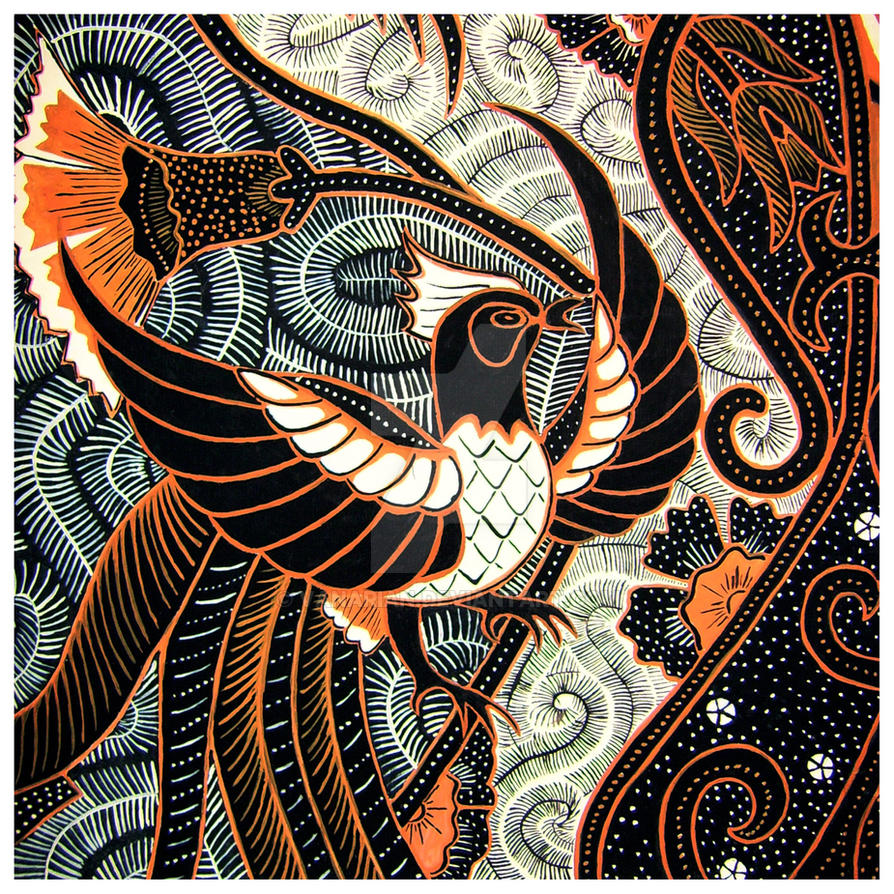Batik fabric is fabric, which normally uses the wax-resist
dyeing technique to create such patterns. However, because of advances in the
field of printing, many products are in the category of batik although they put
not produced by conventional methods.

The popular and well-regarded Javanese batik has designs
that are based on the culture and religion of the area. The three primary
colors that are used in such prints, are usually dark brown, white and indigo.
This is because in the old days, natural dyes were usually found only in these
colors. The patterns on the batik also designate the rank and social status of
the individual.
The pattern of Java usually different from any other area in
Indonesia itself, or in other parts of the world. That's because the designs
and patterns exists on the substance, usually a reflection of the specific
fields of culture and religion. In North Java, for example, batik fabric
usually brightly colored as the cultures from a variety of background which
include, Chinese, Dutch, Arabic and pull Javanese.

The finest batik fabrics can run into the thousands of
dollars. Pricing rule is used depends on the design, the complexity, the nature
of the substance and in the preparation of dyes Expensive examples also usually
reflect the length of time that was needed to produce such pieces.
Traditionally, batik was sold in Malaysia and Indonesia to
be used as sarongs or traditional dresses. Since they usually come in simple
cloth form, they can be used to create include a variety of products, the batik
sarongs, batik shawl and dresses and shirts.
Although there was some disagreement about the first country
in Southeast Asia Batik integrated into their culture, is generally accepted
that the best products mostly from Indonesia. While not far behind, Malaysian
batik has never been as intricately designed as some of the Indonesian
examples.

No comments:
Post a Comment